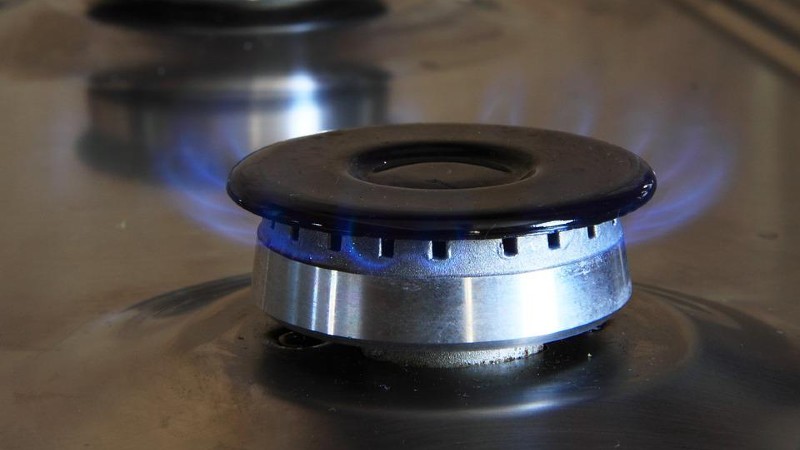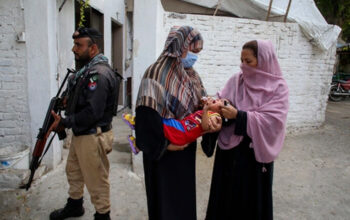By Staff Reporter
ISLAMABAD: The consumer price inflation rate jumped to 29.2 percent in November, as a steep hike in gas prices fuelled the housing and utility costs, official data showed on Friday.
The rise in inflation, which was in line with market expectations, slightly trimmed bets for a rate cut by the central bank in its upcoming policy meeting in December, though some analysts doubt the bank could stick to its guns.
The State Bank of Pakistan (SBP) has kept its policy rate unchanged at 22 percent since July, after raising it by a cumulative 12.25 percentage points since April 2022 to curb inflation and stabilise the currency.
Analysts expect the SBP to maintain the status quo in its next policy committee, but the bank could opt for an easing cycle in the first quarter of 2024, given the high base effect in the second half of the fiscal year.
The Pakistan Bureau of Statistics (PBS) said the inflation rate, measured by the change in the Consumer Price Index (CPI), rose from 26.9 percent in October, mainly due to a 280.55 percent increase in gas charges, a condition imposed by the International Monetary Fund (IMF) for a $3 billion bailout programme.
“Given the higher inflation number in November, we expect the SBP to maintain the status quo in its upcoming monetary policy committee (MPC) meeting,” said an analyst at a local brokerage house. “However, we believe that the SBP could start an easing cycle in the first quarter of 2024, as inflation is expected to moderate in the second half of the fiscal year due to the high base effect.”
Inflation peaked at 38 percent in May 2023, the highest on record, due to currency devaluation, higher energy prices, and new taxes and duties imposed by the government as part of the IMF programme.
On a monthly basis, inflation increased by 2.7 percent in November, the highest in four months, following a 1.1 percent gain in October. Core inflation, which excludes food and energy components, edged up to 18.6 percent year-on-year in November from 18.5 percent in October.
The government has set an inflation target of 21 percent for the fiscal year 2023-24, which started in July, while the SBP has projected a range of 20-22 percent. The average inflation for the first five months of the fiscal year stood at 28.6 percent. Housing and utilities, which account for nearly a quarter of the CPI basket, surged to 33 percent in November from 20.5 percent in October, reflecting the impact of the gas price hike.
Food inflation, which has a weightage of more than a third in the CPI, also rose to 28 percent in November from 26.8 percent in October, driven by higher prices of tomatoes, potatoes, tea, onions, dry fruits, fish, and eggs.
Other categories that saw a decline in inflation included alcoholic beverages and tobacco, recreation and culture, hotel and restaurant charges, transport, furnishings, and health.
Copyright © 2021 Independent Pakistan | All rights reserved




